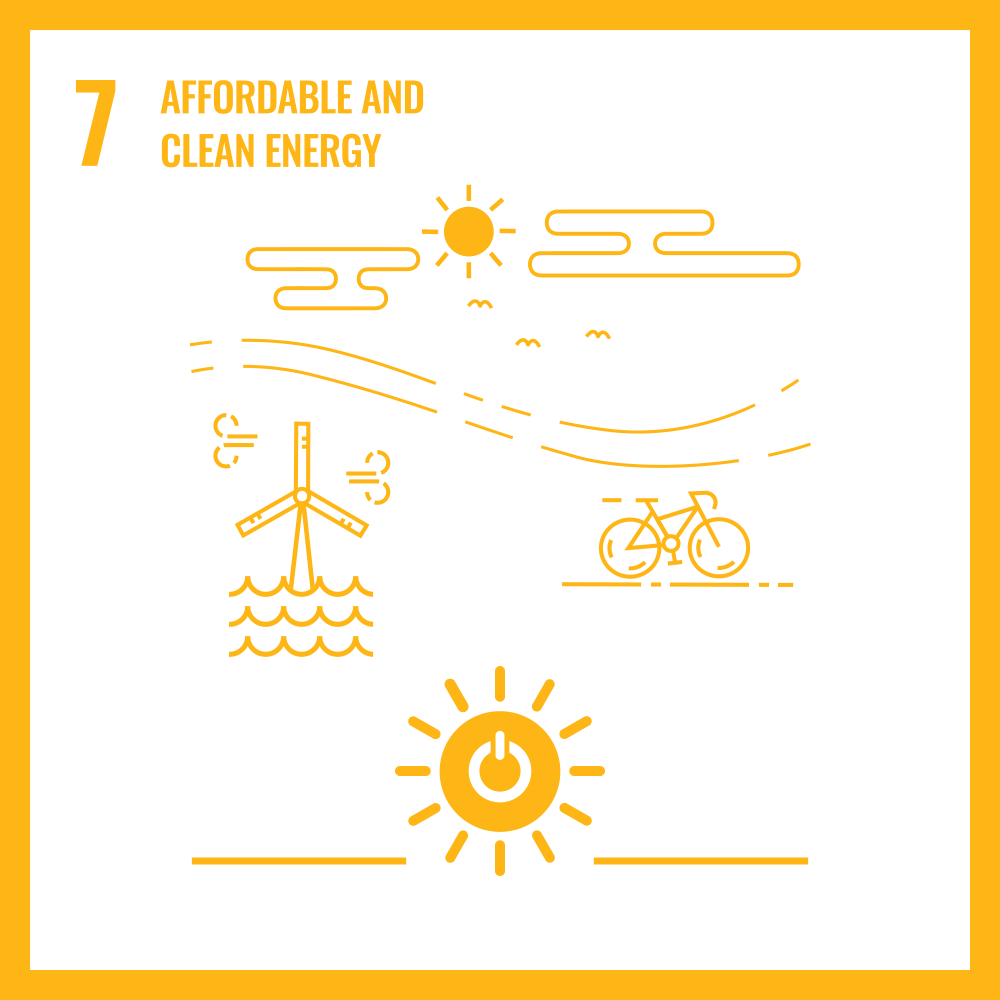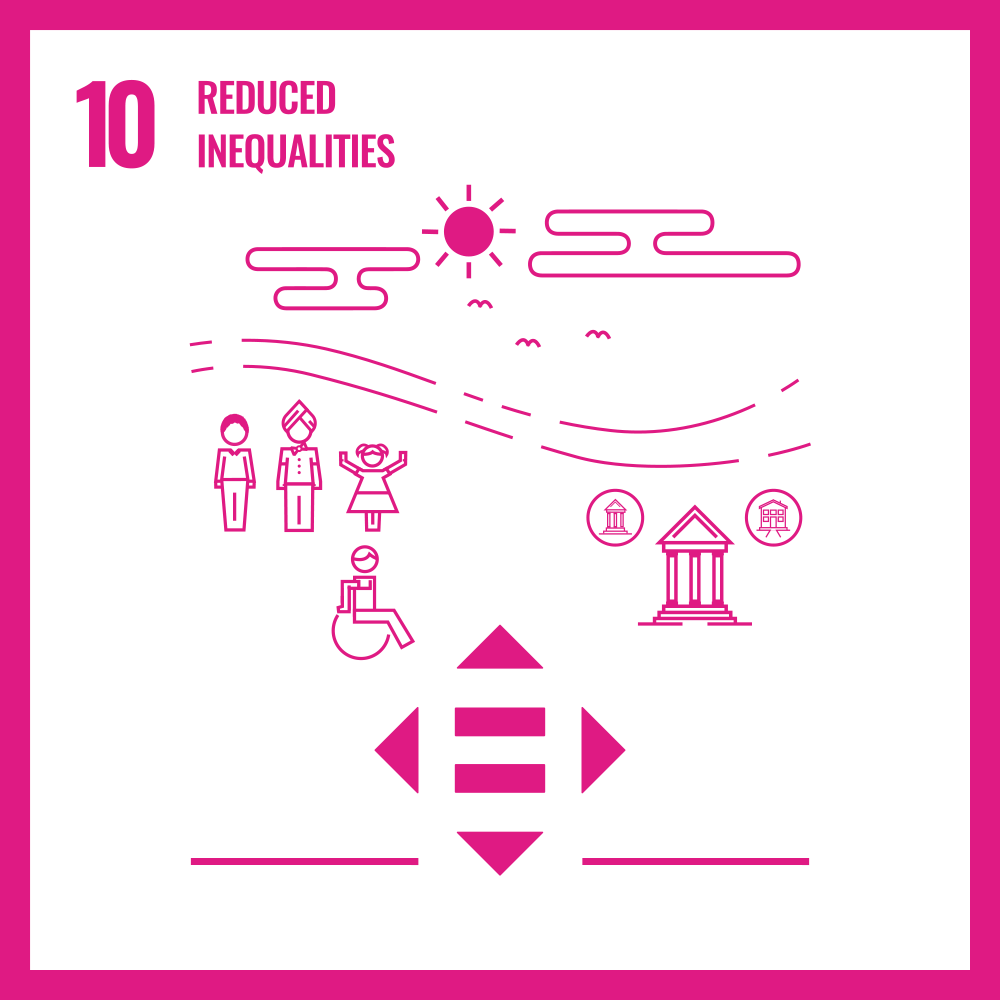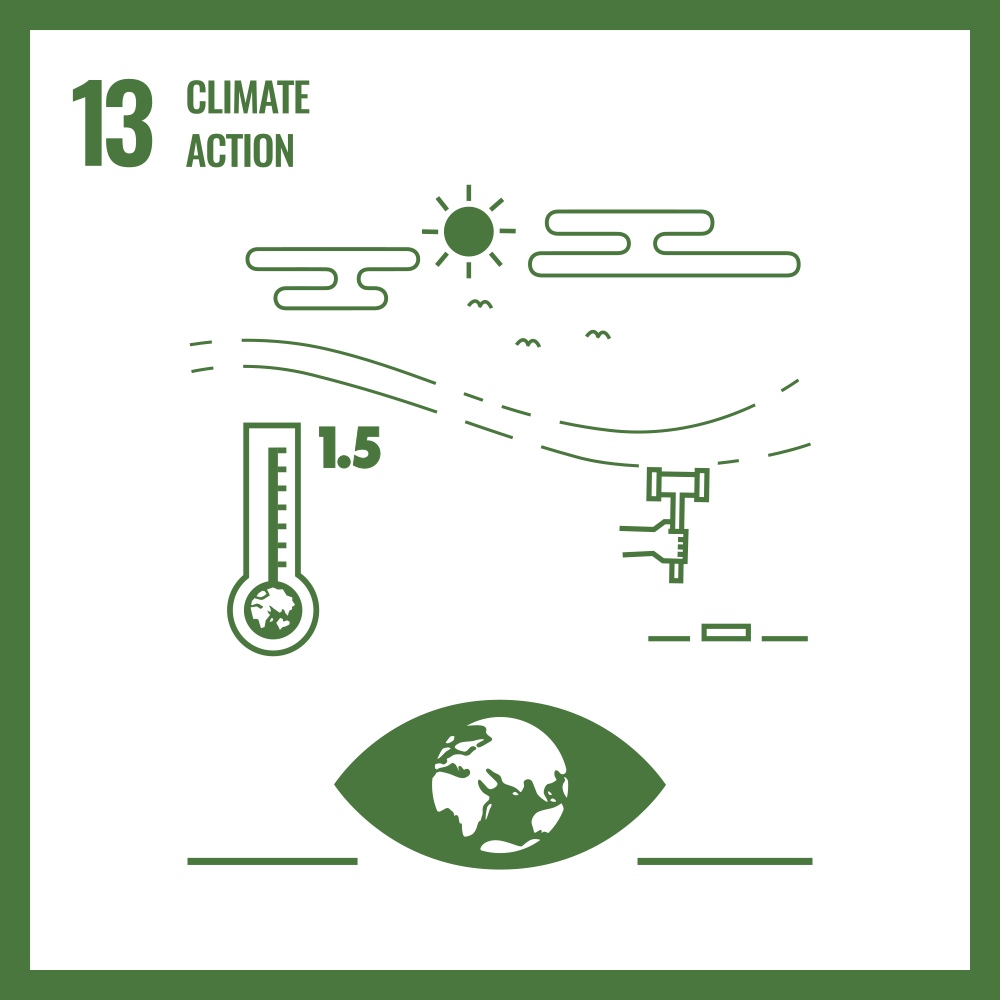About
Energy is the chief traded commodity worldwide and the meta-resource that drives all other commodities, as well as providing most of the essential goods and services. It is, therefore, an important pillar for economic and social development (Xu et al., 2022; Carrilho-Nunes, 2021). A rapid transformation of the energy system needs to take place to mitigate climate change. In line with goal 13 of the UN Sustainable Development Goals (SDG), urgent action must be taken to combat climate change and its impacts. In addition, the 2030 Agenda for Sustainable Development prioritizes the reduction of income inequality, side-by-side with the need for people to have access to reliable and clean energy (SDG’s 10 and 7, respectively). However, if income inequality concerns are not fully addressed, political and economic instabilities may arise. In addition, it is expected that the rapid growth and dissemination of digitalization will impact the energy system. Digital technologies are expected to play a crucial role in integrating several aspects of the clean energy system, as well as contributing to the coordination and optimal allocation of resources. The digitalization of energy will allow for affordable access to reliable and sustainable energy (SDG 7), as many new players, including households, enter the field as producers.
Even though energy accessibility is becoming a critical subject in political discourse, further research is needed.
The proposed research plan of CHARADE aims to provide answers and find solutions to the problems associated with energy accessibility, energy poverty, and income inequality by applying econometrics and employing models with a myriad of economic and energy variables. First, we will analyze the relationship between energy access and inequality, to contribute to the discussion of the effects that energy accessibility and other relevant issues, such as energy structure or international economics variables, have on inequality. Then, we will move beyond the broad concept of energy access and focus on energy poverty (the lack of energy accessibility). We will assess the role that digitalization can have in diminishing poverty in energy matters. In addition, we will develop relevant case studies comparing countries with fossil fuel reserves with countries that have considerable renewables capacity. We aim to assess if renewable energy sources help close the gap in energy inequality. In our models we will consider different panels of countries and regions, to provide a global view of our results, as well as individual countries as case studies to explore local viewpoint of energy accessibility and poverty.
Our final objective is to provide guidelines and suggestions to several political and economic agents, as well as energy stakeholders, on how to overcome the challenges associated with energy accessibility, contributing to the transition to a prosperous clean energy economy. We aim to provide useful guidelines for countries to seize the digitalization revolution and reduce inequality, while implementing targeted energy-saving and emission-reduction strategies.
Contributes to the Sustainable Development Goals (SDGs):






